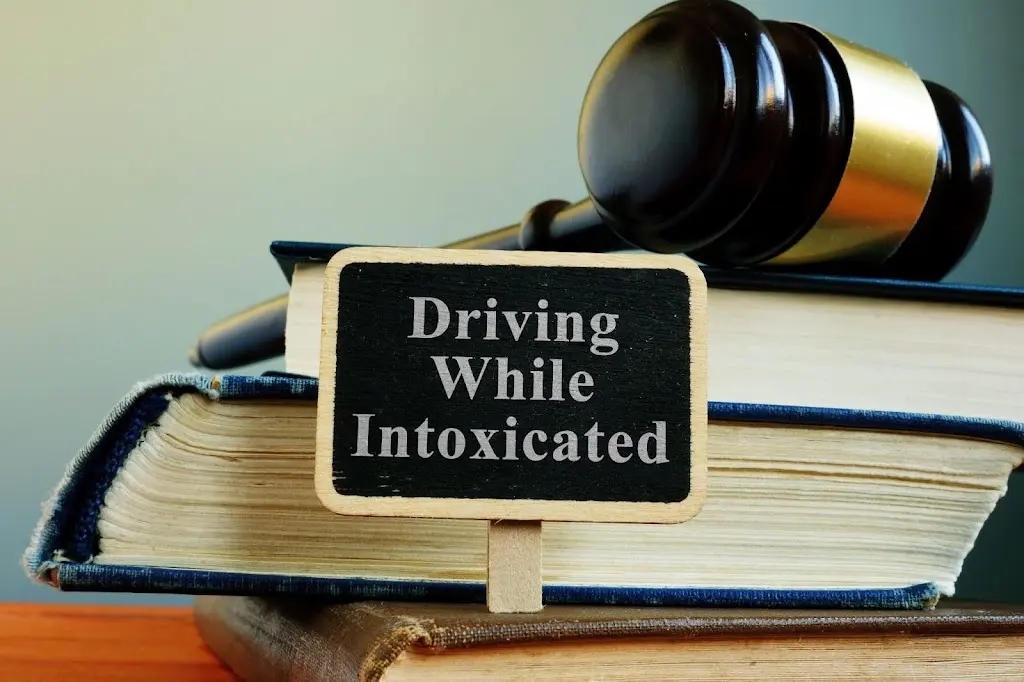
You’ve probably heard the terms DUI and DWI used interchangeably over the years, and there’s a good reason for that. While the acronyms are one letter off and have some distinctions, they are very similar and, in some cases, are used interchangeably depending on the state and the situation. However, they are nevertheless two different terms with their own nuances—let’s break down DUI and DWI charges.
DUI Charges
Driving under the influence (DUI) is a criminal charge that occurs when a driver operates a motor vehicle with their ability impaired due to alcohol or drugs. The term DUI applies to cases where a person has a blood alcohol concentration (BAC) at or above the legal limit, which is typically 0.08% in many states. However, lower BAC levels apply to commercial drivers and individuals under the legal drinking age. DUI charges can also result from being impaired by prescription or illegal substances—even when BAC is below the threshold.
A DUI conviction can bring significant penalties, including monetary fines, probation, and jail time. First-time DUI cases often involve license suspension and mandatory education programs, while repeat offenses may escalate to felony charges. Courts may require offenders to install an ignition interlock device to monitor their ability to drive safely. Individuals convicted of a DUI face long-term consequences, such as higher insurance rates and employment difficulties. If a DUI results in injuries or fatalities, the court may impose harsher fees and extended jail sentences. Seeking representation from an experienced attorney can help mitigate penalties and navigate complex laws related to driving under the influence.
DWI Charges
DWI (Driving While Impaired) refers to cases where a driver’s license holder operates a vehicle while significantly intoxicated. Law enforcement may issue a DWI conviction when a driver exhibits extreme impairment or has a blood alcohol content (BAC) well above the legal limit.
Individuals charged with DWI may face harsher monetary fines, longer license suspensions, and mandatory alcohol rehabilitation programs. A conviction for DWI can also result in extended jail time, particularly if the offense involves reckless driving, accidents, or bodily harm.
Repeat offenders risk permanent license revocation and felony arrest records. As with DUIs and other charges, consulting an attorney from a reputable law firm can improve defense strategies and potentially reduce fines and sentencing.
Do DUIs and DWIs Differ?
- DUI and DWI classifications depend on state-specific laws, with some using the term DUI for lesser offenses and DWI for more severe violations.
- DWI refers to cases with higher BAC levels or greater impairment, while DUI may only apply to lower levels of influence.
- In states where there’s a distinction, a DWI conviction can result in more severe penalties, such as longer probation, extended jail time, and higher fees. This is because DWIs involve higher BAC levels, which incur more serious consequences.
Why DUIs and DWIs Are the Same in New Jersey
In New Jersey and many other states like Pennsylvania, there is no legal distinction between the two terms. N.J.S.A. 39:4-50 covers both DWIs and DUIs, as it outlines how to punish and prosecute individuals who were caught operating a vehicle under the influence of either drugs or alcohol. In other words, the terms fall under the same statute, meaning one needs to be treated as seriously as the other.
Call Shugar Law Office Today to Schedule a Free Consultation
Regardless of the charge, being convicted of drunk driving in any city can lead to life-altering consequences. Those facing a DUI or DWI conviction in need of professional legal guidance can turn to Shugar Law Office for assistance they can trust. We handle DWI and careless driving charges in New Jersey, so don’t hesitate to call us if you need help navigating the complexities of the state’s laws.

